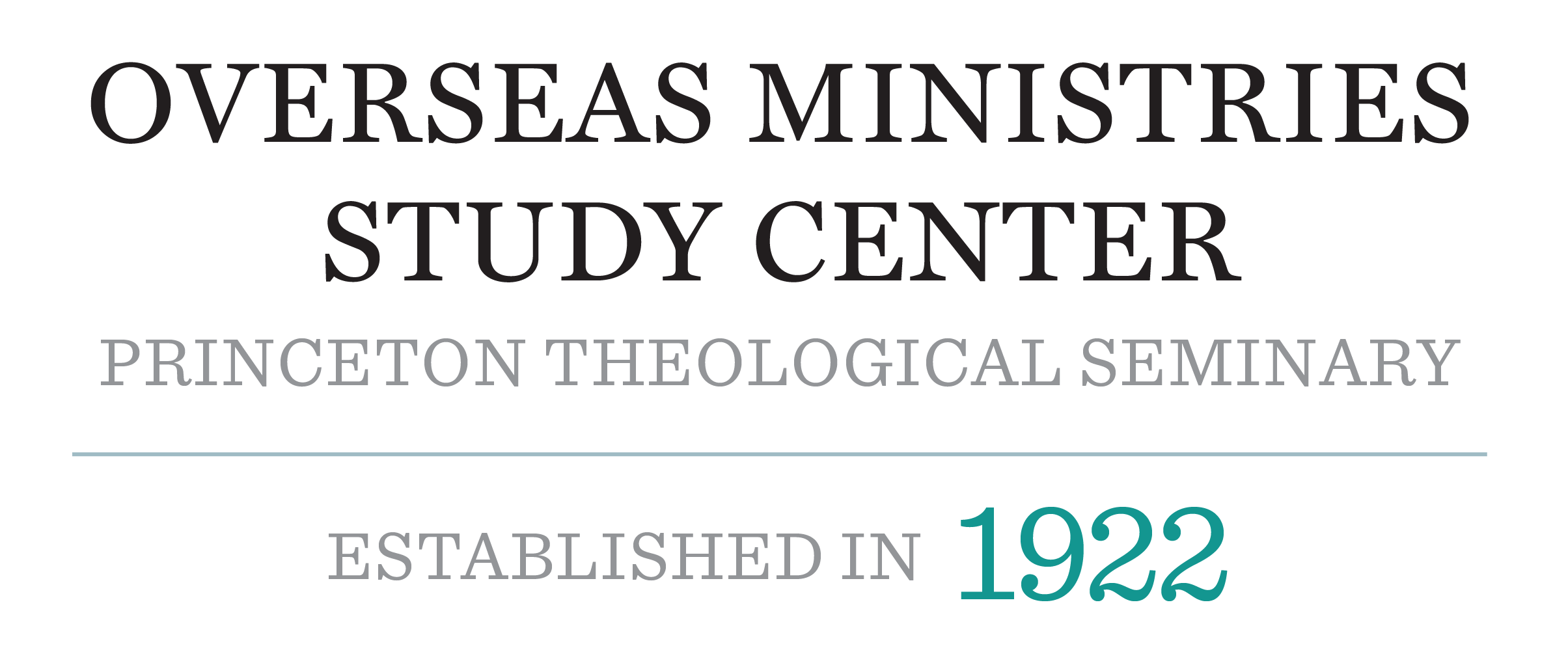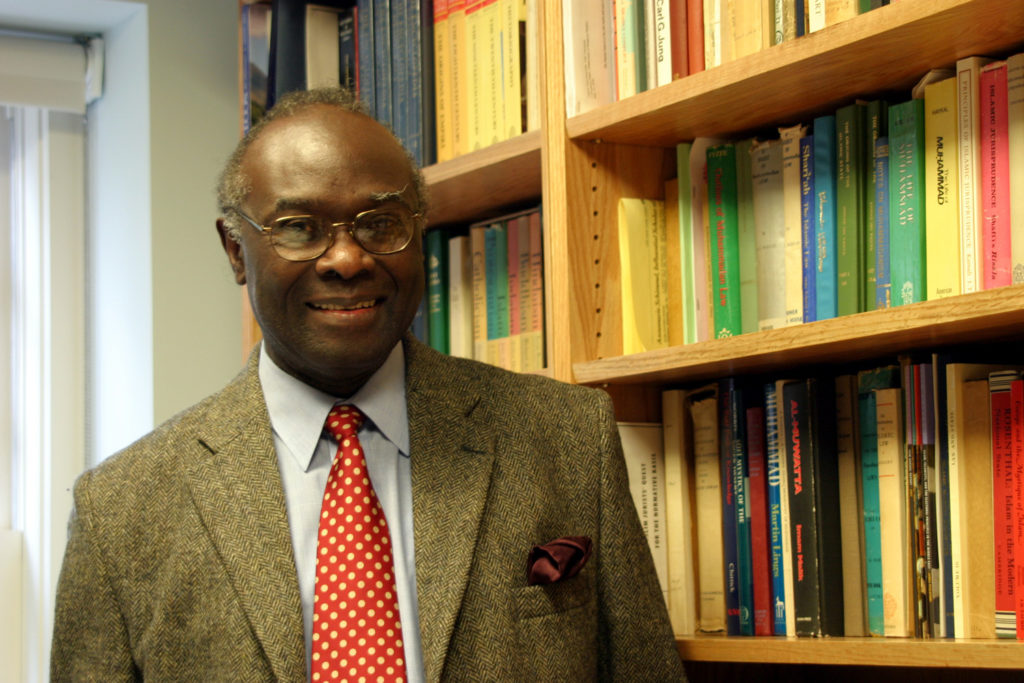
Lamin Sanneh’s new book, the dedicated work of a decade from a mission scholar who writes every day, has been called by reviewers “a grand narrative of the pacifist practice of inter-generational peaceful conversion and assimilation of Islam in West Africa” and a “much-needed alternative to much of the current alarmist discourse about religious extremism and violence in West African Islam.”
In Beyond Jihad: The Pacifist Tradition in West African Islam (Oxford University Press, September 2016), Lamin examines the origin and evolution of Muslim African pacifist tradition,
focuses on the ways in which Islam spread and took hold apart from jihad, and argues that Islam was successful in Africa not because of military might, but because it was adapted by Africans themselves.
He told his story of conversion from Islam to Christianity in Summoned from the Margin: Homecoming of an African (Eerdmans, 2012), an overview of a life that started in the Gambia, West Africa, and included study at the University of Birmingham (England) and the University of London. As a review in The Hillhurst Review put it, “Dr. Sanneh has made the transition from Islam to Christianity, from Methodist to Catholic, over the space of half a century. His book is the exploration of a conversion from unlikely places to unimagined ones: summoned by the Savior to a religion about which he had little knowledge, and a marginal one in a society where the everyday came into tangible contact with, and was largely dictated by, Islamic thought. Along the way, Dr. Sanneh explores how Christianity dialogues with Islam, and why the two religions often clash in dialogue, coming as they do from two paradigms that often speak past
each other.”

Lamin’s classic text is Translating the Message: The Missionary Impact on Culture (Orbis Books, 1989). A Roman Catholic, he was appointed by Pope John Paul II to the Pontifical Commission of the Historical Sciences, and by Pope Benedict XVI to the Pontifical Commission on Religious
Relations with Muslims.
He has received an award as the John W. Kluge Chair in the Cultures and Societies of the South by the Library of Congress. For his academic work, he was made Commandeur de l’Ordre National du Lion, Senegal’s highest national honor, and is a recipient of an honorary doctorate from the University of Edinburgh.
Lamin developed a deep and abiding curiosity and a lifelong interest in matters of the intellect at an early age. “I grew up reading the classics of Islam, with religious and historical accounts steeped in the vindication of the things of God. As a child I remember stumbling on Helen Keller’s The Story of My Life, which had a profound influence on me. It made me resolved to pursue the world of learning and scholarship. I became a voracious reader,” he told Christianity Today in an October 2003 interview with Jonathan J. Bonk, then the OMSC executive director. “Later on at school I read the works of the Western masters, such as Shakespeare, Chaucer, Milton, Keats, Longfellow, Flaubert, Goethe, and so on. All that unlocked the teeming world of the imagination to me, just as Helen Keller intimated.”
An OMSC Board of Trustees member and a contributing editor to the Center’s International Bulletin of Mission Research, Lamin is known as a quiet and influential participant in many OMSC gatherings—and as a dedicated consumer of afternoon tea. He is the D. Willis James Professor of Missions and World Christianity, Professor of History, and Professor of International and Area Studies at Yale University.
—Daniel J. Nicholas





